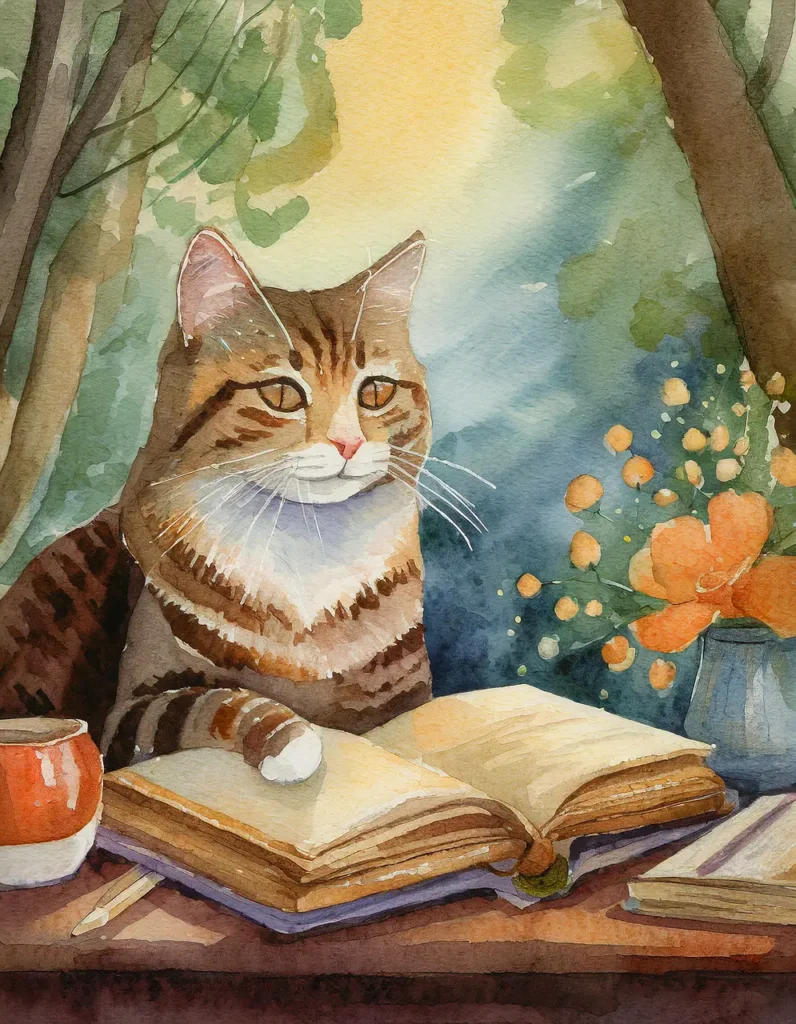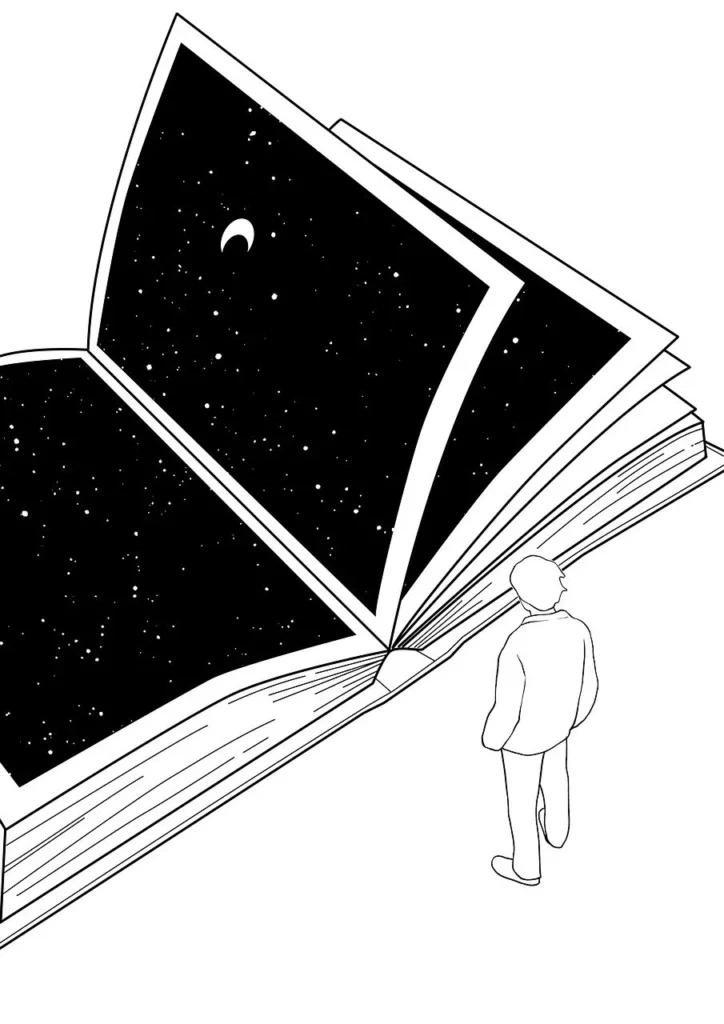
How to “Write What You Know”
Words By Ciena Valenzuela-Peterson, Art By Art Dreams
You’ve heard it before—that sage, age-old writerly wisdom, supposedly enough to crack the code to creating vibrant, truthful, and resonant works of literature: “Write what you know.” Sounds simple enough, but what is it exactly that we’re supposed to know again? Surely not every story should be restrained by the quotidian characters and scenarios of real life; surely not every self-indulgent Mary Sue should make its way into a final piece. But the goal is not to turn fantasy into realism, or fiction into memoir—rather, it is to enhance your writing with the verisimilitude of life, whatever genre it may be. What the teachers, authors, and workshoppers bestowing this classic advice fail to explain is how to actually know what it is that you know.
Here are some concrete writing tips and exercises to help you truly “write what you know,” gathered over my time as a F(r)iction intern and a Literary Editing and Publishing student at USC.
1. Observe from Life
Just like visual artists practice live figure drawing, sketch out the characters in your life by taking notes on their conversations, mannerisms, and idiosyncrasies. You can even people-watch and eavesdrop on strangers’ conversations in public. These details can easily become part of a fictional character, a scene, or dialogue, but even more importantly, you’ll get in the habit of observation. The more you view life like a writer, the richer and more lifelike your work becomes.
2. Journal, Journal, Journal
This advice is nothing new; but how do your whiny diary entries help you when you want to write Good Serious Fiction, you might ask? To continue the artist analogy, treat your diary or journal like an artist’s sketchbook. Your diary isn’t merely a confessional experience, it is also a practice space, full of authentic introspection and observations about life that can be drawn out into a more formal piece of writing. You never know what snippets may fit perfectly in a piece or inspire an entirely new story.
3. Practice Self-Indulgence
Many writers share a fear that writing too close to your personal experience will come across as self-indulgent, flimsy, arrogant, cringe, righteous, boring, or any number of negative associations. It’s scary to reveal ourselves or our loved ones—and women writers especially face the dreaded accusation of the “Mary Sue,” as if a “self-insert” character is the most cardinal crime a genre writer can commit. Well, I say write it anyway. Write the cringey, self-insert fanfiction—you’ll still be practicing the essentials, like style, plot, voice, dialogue, theme, atmosphere . . . the list goes on! Write dumb things until you no longer believe that self-indulgence equals dumb.
4. Follow the Shadow Self
To get inspired, ask yourself one simple question: W.W.E.M.D.? What Would Evil Me Do? Take a scenario from your recent life and reimagine it: If the worst possible version of yourself took over and made all your decisions in that moment, what would have happened? Play out the most outlandish scenarios, discover new plot possibilities, and indulge in your shadow self to create exciting characters. By drawing from a real moment in your life, where you could have made a different decision, and following that shadowy voice that tempts you to take the low road, even the wackiest conclusions will be grounded in realism.
5. Embrace Autofiction
Writing from real life doesn’t have to be boring. Whether you’re writing fantasy, sci-fi, horror, or realistic fiction, literature can explore questions of the self regardless of genre. Autofiction, or stories that fictionalize elements of the author’s life and leave the truth intentionally ambiguous, proliferates the current literary fiction scene. Many authors are already out there blurring the lines between author and narrator, between the self and its representation, between fiction and reality; this is exciting new territory and it’s reshaping how we view the fictional novel. Don’t be afraid to write as yourself—or some skewed, semi-fictional version of yourself. Audiences are eating up the ambiguity.
As a writer, you are your own greatest asset. Anyone can learn how to string some pretty words together, but the most valuable thing your work has to offer is that it came from you. It is uniquely yours—a cocktail of your worldview, psychology, passions, interests, observations, past experiences, hyperfixations, and the characters that fill your life, shaken not stirred—and that is not a recipe anyone else can recreate. The first step to writing what you know is killing the critic inside your head that cringes away from anything that feels “too you.” Spoiler alert: you’ll never succeed at becoming not-you, so you might as well embrace what you got. I promise it’ll make your writing even better.




